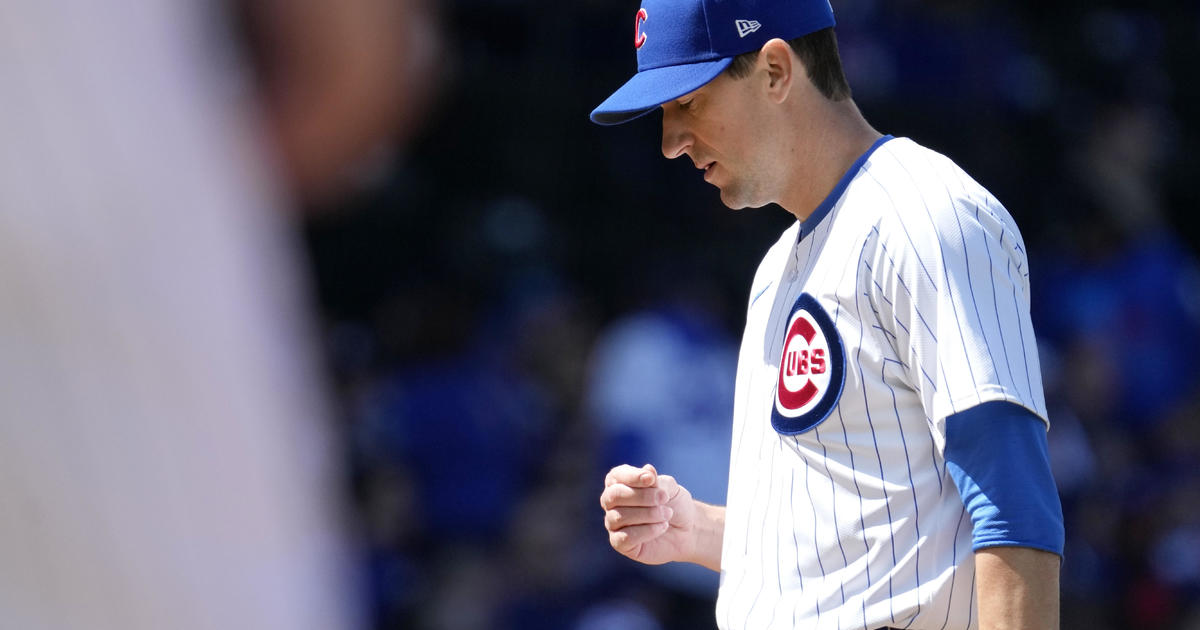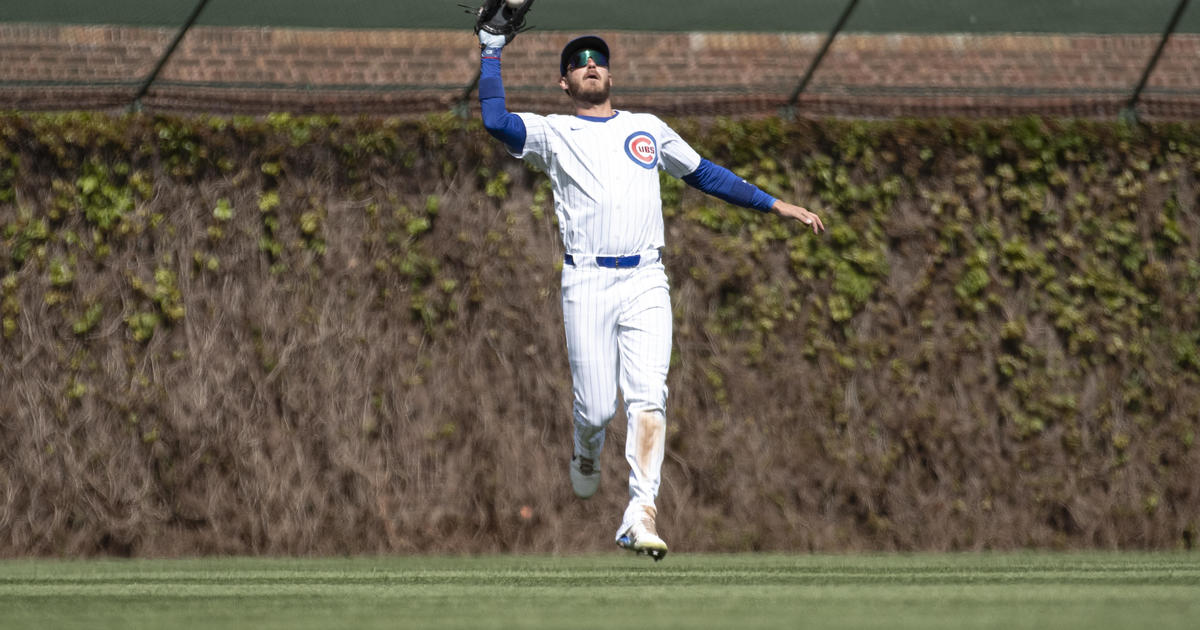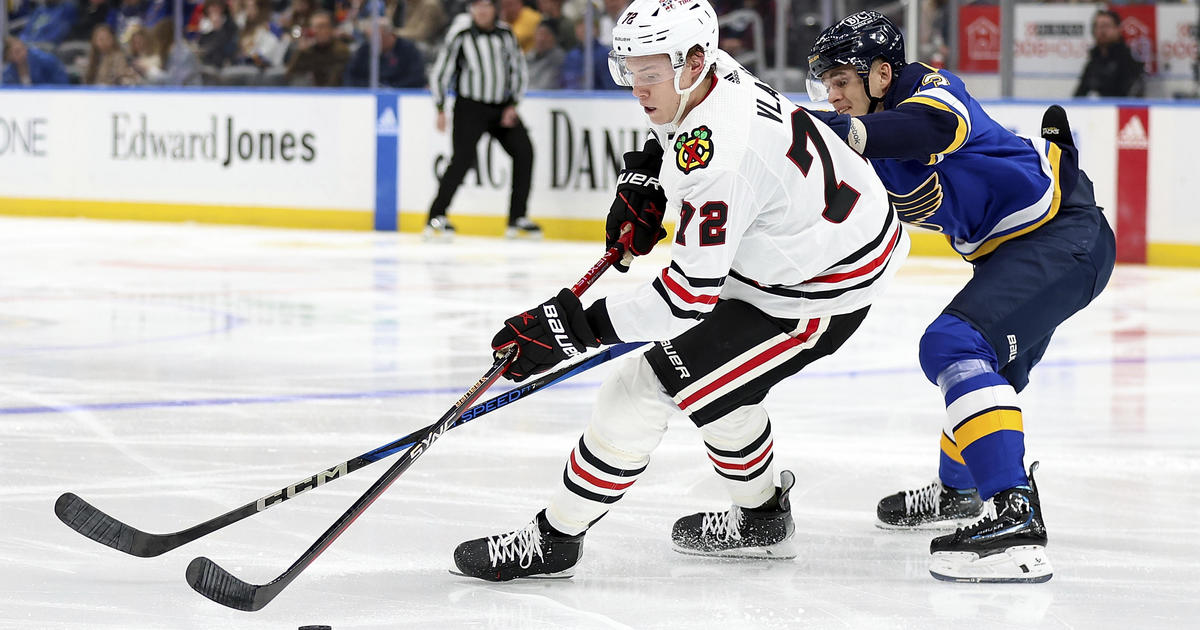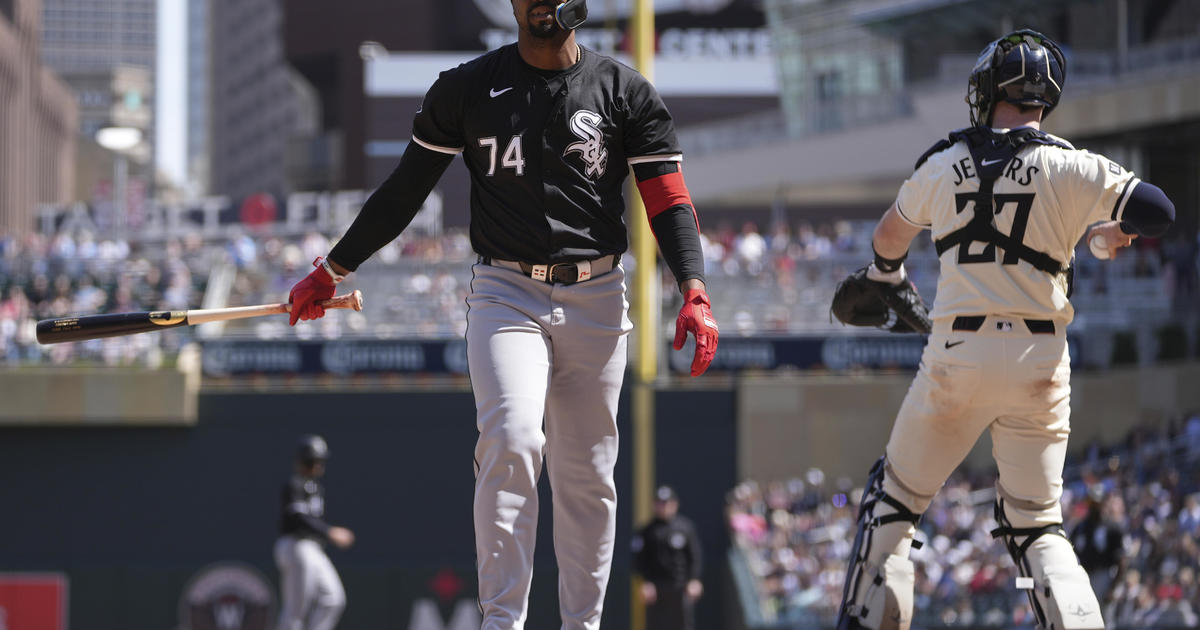Wisch: MLB Should Punish Teams And Teammates Of PED Users
By Dave Wischnowsky –
(CBS) Alex Rodriguez is insufferable.
But when it comes to steroids in baseball, should he also have to suffer alone?
This week in a column for the magazine Jacobin, Jack Moore tackled the topic of PED use in sports, making a series of insightful points. And perhaps the most interesting of them was this:
"Throughout its steroids investigation, Major League Baseball has operated with tunnel vision. Players have been the sole target – not the suppliers of performance enhancing drugs, not the coaches who oversee these players, not the owners who profit from their performances. This has proven over the past decade or so to be an ineffective strategy for halting steroid use. So why do the powers that be in baseball insist on punishing the players, and no other party."
Back in July, in the wake of Ryan Braun's season-ending suspension for his violations of the Joint Drug Prevention and Treatment program, I tread similar ground when I wrote that, "Forfeits Could Be The Solution to MLB's PED Problems." At that time, my friend Josh had expressed his opinion to me that "players aren't going to quit taking PEDs until getting caught punishes teams and teammates."
I still think that's true. And it was refreshing, in light of Moore's thoughts on the topic, to see USA Today on Thursday also publish the headline: "If MLB is serious about stopping steroids, teams should be punished."
In the article, Ted Berg wrote about A-Rod's likely suspension by the league (despite his proclamations of innocence): "Think about it for a second … Who benefits from that outcome? Clean players who were in competition with Rodriguez, certainly, and all fans who want the game free of cheating for good – no matter how much of a pipedream that seems.
"But the Yankees benefit, too. If Rodriguez was chemically enhancing his performance while playing for the Yankees, actually, the club benefits twice-over. First, they get a third baseman presumably stronger and healthier than he would have been without juicing. Then, if and when he is caught or suspended, they get out form under his massive salary for part or all of the 2014 season."
Berg goes on to write that, "If Major League Baseball is serious about ridding the game of PEDs, sanctions should not stop with the players. Punishing teams, too, would help disincentivize juicing from an organizational standpoint and make clubs more vigilant in deterring PED use."
But what he doesn't suggest is exactly how MLB should extend sanctions beyond the players. And for that, I'll return to my ideas from this summer about forfeitures.
As I proposed, the process could work something like this: If a player fails a drug test – or gets caught up in something like the Biogenesis scandal – not only is he suspended, but his team automatically drops, say, 10 to 20 games in the standings.
I suspect that such a sweeping penalty would encourage many (and hopefully all) Major Leaguers to toe the PED line for fear of potentially ruining not just their season, but everyone else's too.
Peer pressure, after all, is a powerful thing. In the past, it's surely made many players use PEDs. But I imagine if the proper dynamics were put in place, it could also work the other way and drive them to not use.
This past spring, the Yankees' Mark Teixeira told the New York Post about PED usage, "I don't think it'll ever go away. It's just like taxes. The IRS can do everything they can. People are going to cheat on their taxes. The IRS can do everything they can to try to stop it. It's not going to be 100 percent perfect."
Maybe not, but MLB can still do more than it has done. What it needs to do is start thinking more creatively – and severely. Commissioner Bud Selig said earlier this year, "If people want to continue to do what they shouldn't do, then the one thing that you have to do is have stricter penalties. It's as simple as that."
Forfeits are very simple, yet they have complex ramifications.
And for MLB, by spreading the suffering from penalties, there's a better chance to get positive results.
If nothing else, Dave Wischnowsky is an Illinois boy. Raised in Bourbonnais, educated at the University of Illinois and bred on sports in the Land of Lincoln, he now resides on Chicago's North Side, just blocks from Wrigley Field. Formerly a reporter and blogger for the Chicago Tribune, Dave currently writes a syndicated column, The Wisch List, which you can check out via his blog at http://www.wischlist.com. Follow him on Twitter @wischlist and read more of his CBS Chicago blog entries here.




